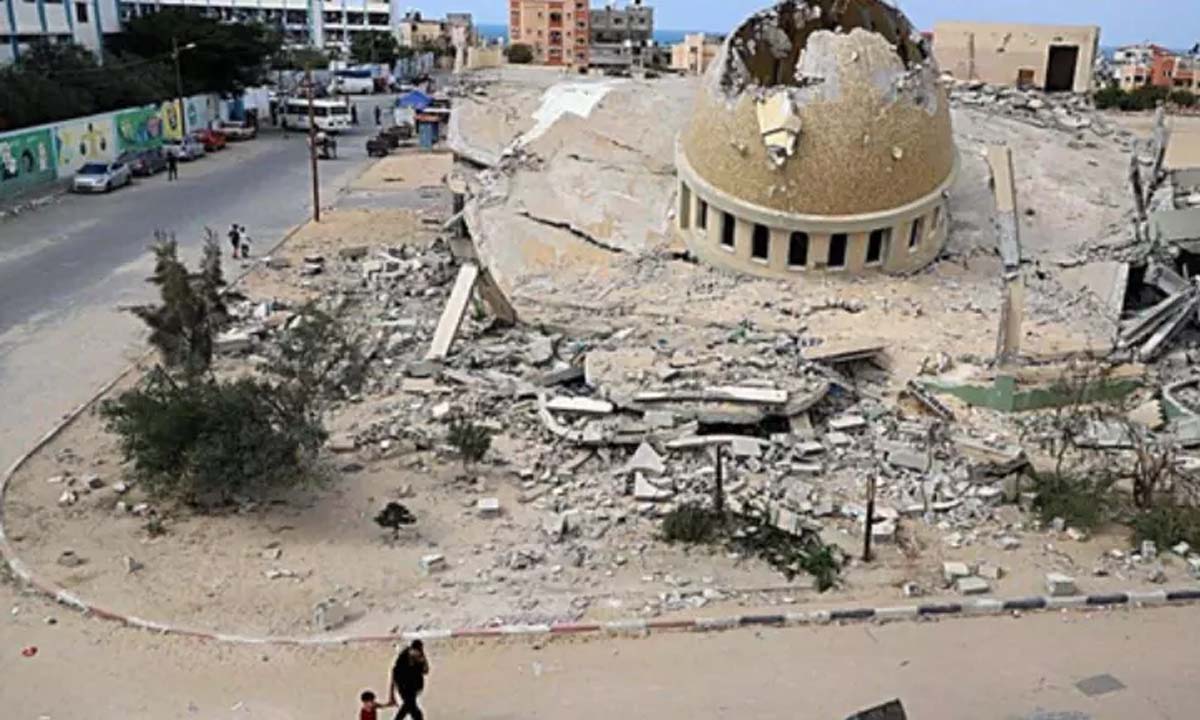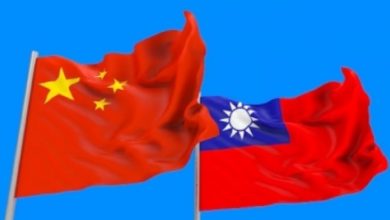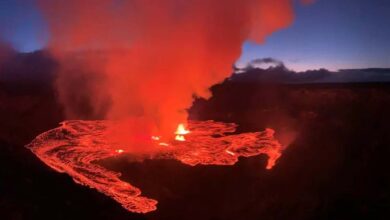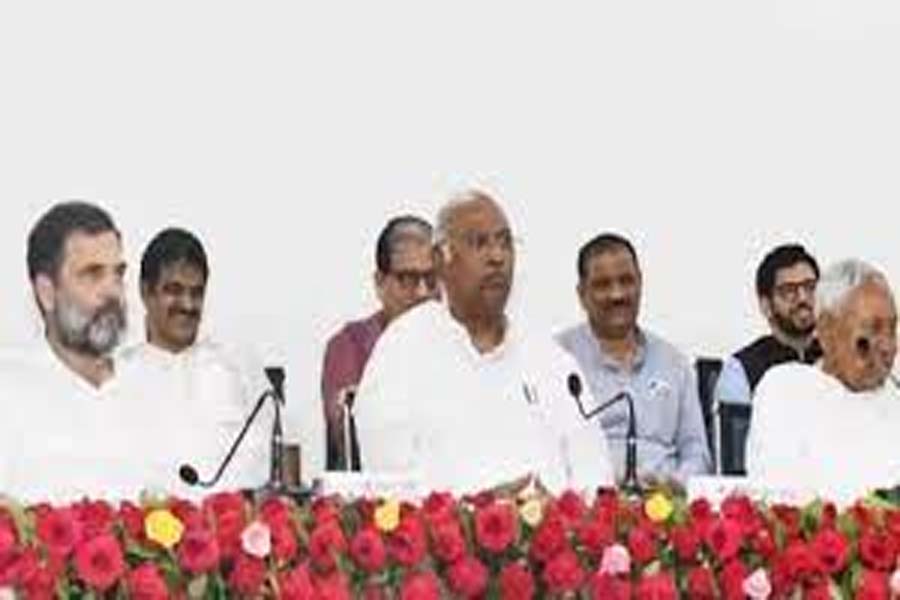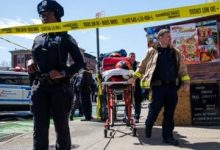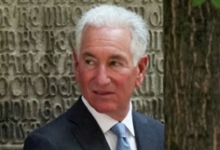Morocco Death Toll Reaches 2800 After Strong Quake, Rescue Ops Continue
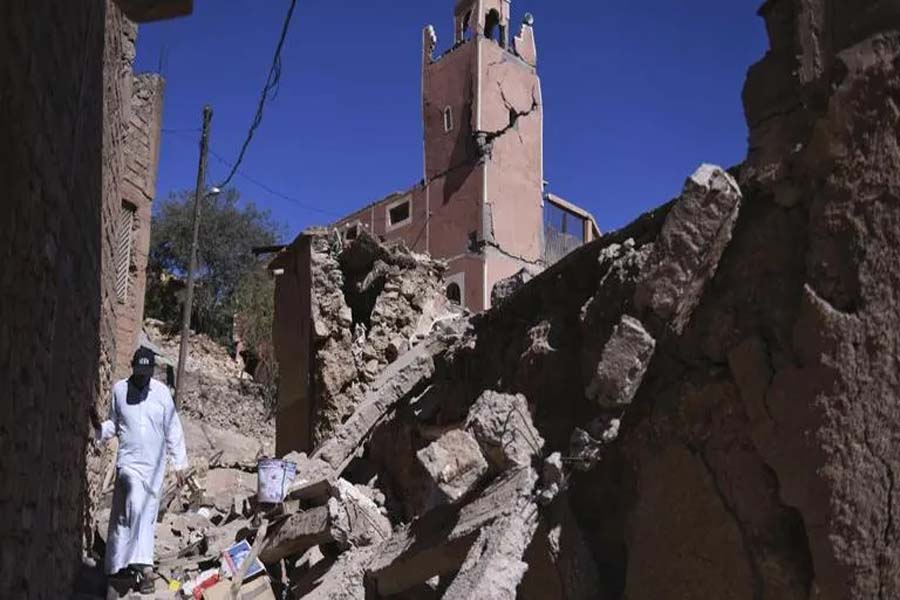
The Morocco earthquake death toll has reached 2,800, with the situation in the country worsening. A limited number of foreign aid and rescue teams have joined to help the people who are dealing with such an unfortunate natural disaster. The condition in the Atlas mountains, where many villages remain inaccessible, remains a tough spot for the rescue team, reported the Guardian.
According to Moroccan authorities, they have been responding favourably to offers of help from visiting search and rescue teams from Spain, Qatar, Britain and the United Arab Emirates. However, Moroccan authorities have yet to accept further offers of aid from other countries despite the urgent nature of the disaster. France and Turkey, which experienced a deadly earthquake in February, have also proposed to help Morroco. Its president, Recep Tayyip Erdoğan, said it would help “by all means” if its offer was accepted.
Quake-hit Morroco runs rescue ops
According to the state news agency, Moroccan authorities have carried out a precise assessment of needs on the ground, given the fact that non-coordination in such situations could be counterproductive. The rescue operations have begun since late night Friday, September 8, when the strong earthquake struck the country.
Meanwhile, Morocco’s King Mohammed VI thanked countries for the help offered at such testing times. Notably, Friday’s 6.8 magnitude quake was the deadliest in more than six decades, struck in an isolated cluster of mountainous villages 45 miles south of Marrakech and shook infrastructure as far away as the country’s northern coast.
The Morocco death toll has surpassed and reached 2,862 with 2,562 people injured, reported the Guardian, citing state TV. There might be a possibility that the Morocco death toll could rise as rescue teams reach remote villages high in the mountains. The drone footage from local television channels has revealed that traditional mud-brick houses completely flattened.
“Until now, we have found no survivors, only the dead buried under the rubble … the smell of corpses is very, very strong. We still have no electricity and no water,” said Aziz, a villager from Ijoukak, near the quake’s epicentre. Further, he added that aid and emergency workers had arrived in the village days after the earthquake.











